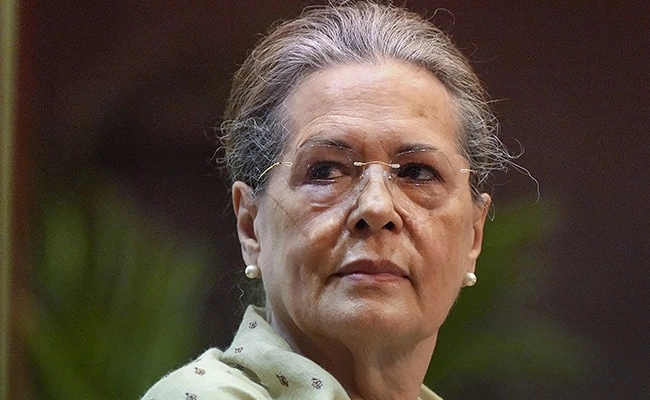In a recent statement, North Korean leader Kim Jong Un expressed his commitment to enhancing the diplomatic and economic ties between North Korea and China “more vigorously.” This announcement comes at a time when both nations are navigating complex geopolitical landscapes, with each facing their own sets of challenges. For Kim, strengthening relations with China is essential not only for securing economic support but also for bolstering political alliances, particularly in light of international sanctions and pressures.
China has long been North Korea’s most significant ally and trading partner, providing vital economic assistance and political backing. Kim’s remarks underscore a strategic pivot towards deepening this alliance, which he views as crucial for North Korea’s stability and growth. The two countries share a history of collaboration, and Kim’s emphasis on a more vigorous partnership suggests that he is keen to expand cooperation in various areas, including trade, security, and regional development. By aligning more closely with China, North Korea aims to reinforce its position on the global stage while mitigating the impacts of sanctions imposed by the international community.
Moreover, this strengthened relationship could also serve as a counterbalance to perceived threats from the United States and its allies. As tensions continue to rise in the region, particularly concerning military exercises and nuclear capabilities, Kim’s overture to China signals a desire to present a united front. The collaboration may include joint military exercises, economic projects, and more robust political dialogues. Kim’s approach indicates an awareness of the shifting dynamics in regional politics and the necessity of maintaining a strong partnership with China to navigate these complexities.
In summary, Kim Jong Un’s declaration to enhance ties with China reflects a strategic approach aimed at solidifying North Korea’s position within the international arena. By fostering a closer relationship with its powerful neighbor, North Korea seeks not only economic benefits but also increased security and political support. As both nations face external pressures, their partnership may evolve, reflecting broader regional shifts and the need for collaboration in addressing shared challenges. This development will undoubtedly be watched closely by global powers as it may influence future diplomatic relations and security dynamics in East Asia.




